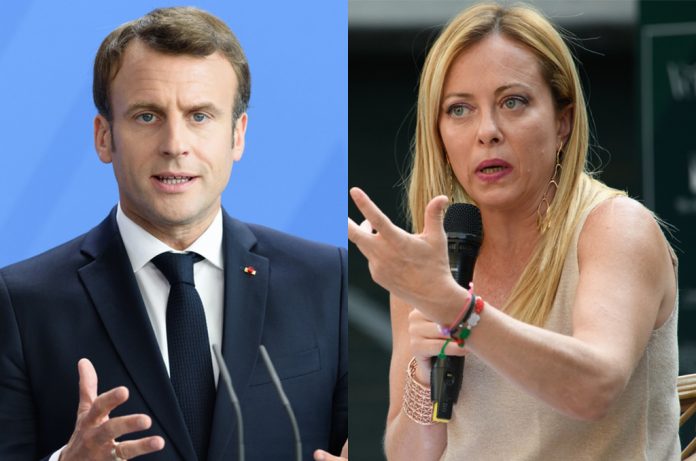The 2024 budgets in France and Italy show deficits markedly above the bloc’s limit of 3 per cent of output for the coming years.
Just months before the European Union re-approves its fiscal blueprint, France and Italy are signalling indifference.
According to the 2024 budgets released on Wednesday, the deficits of the second- and third-biggest economies are markedly above the bloc’s 3% output limit for the coming years, even though the suspension of such rules in the pandemic era ends on 1 January.
In addition, on the eve of the announcements, Germany cut its borrowing plans for the fourth quarter by 31 billion euros ($33 billion). The deficit of Europe’s largest economy is forecast at just 2.5 per cent next year.
Spain and the Netherlands, the currency zone’s fourth and fifth largest members respectively, also said they plan to comply with EU restrictions.
The difference between Italian and German bond yields emphasises investors’ focus on Italy. However, this week’s budget plans indicate that French President Emmanuel Macron and Italian Prime Minister Giorgia Meloni are becoming increasingly vulnerable to their regional counterparts.
Domenico Lombardi, an economist and head of the Policy Observatory for Rome’s LUISS University, stated:
Italy isn’t isolated anymore. It’s likely that we will see the two countries increasingly moving in step on public-finance issues, not to mention other matters like migrants.
On Wednesday night, Rome released only general details of Italy’s budget, but the figures suggested that debt reduction in 2024 had almost stopped, while the deficit continued to rise.
The deficit for next year is now estimated at 4.3 per cent of gross domestic product, up from the 3.7 per cent planned in April. This is because Meloni’s coalition is struggling with a weakening economy as it tries to fulfil lavish election promises.
At the same time, French Finance Minister Bruno Le Maire forecasts a gap of 4.4% next year. He does not expect a return to 3 per cent until 2027, as he has to focus his efforts on dealing with anxious voters, too.
It’s not always easy being finance minister in a country that loves public spending. Everyone tells you they want to cut spending, except their own spending. All the opposition parties tell you they want to accelerate in cutting debt, but keep proposing new spending.
